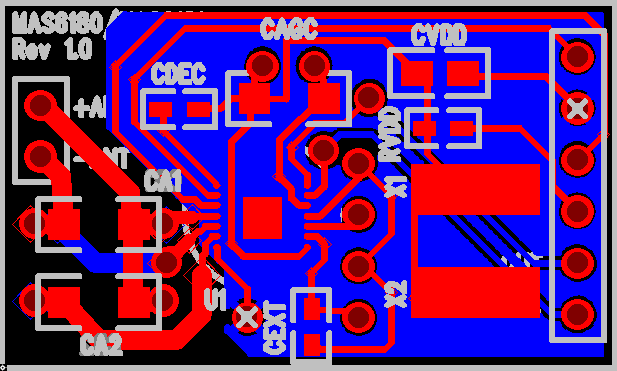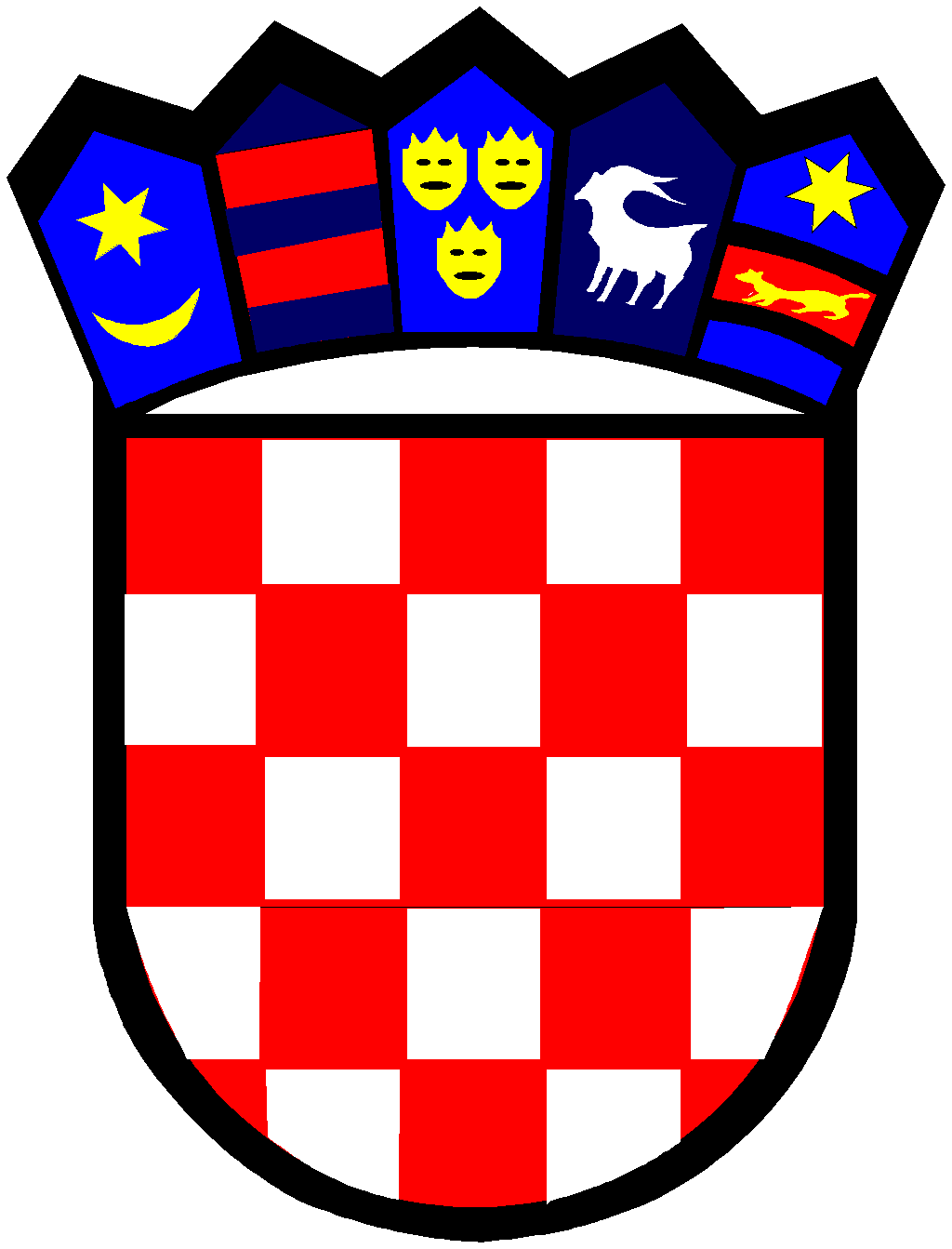THE CONSTITUTION OF THE PRELAW SOCIETY ARTICLE I –
NOTES THIS IS A SAMPLE CONSTITUTION FOR(MODEL CONSTITUTION FOR QUALIFYING RESIDENTS’ ASSOCIATIONS) ……………PARK RESIDENTS ASSOCIATION
0 FORM 18 RULE 811(2) NOTICE OF A CONSTITUTIONAL
1 THE RIGHT TO ORGANISE THE CONSTITUTION OF THE
10 IN THE CONSTITUTIONAL COURT OF SOUTH AFRICA CASE
11 WORLD CONFERENCE ON CONSTITUTIONAL JUSTICE 22 – 25
The Constitution of the Pre-Law Society
The Constitution of
THE PRE-LAW SOCIETY
Article I – Statement of Purpose
The Pre-Law Society exists to fulfill several goals for its members: provide them with the knowledge necessary to make crucial decisions as they seek admission to law school, to deepen their understanding of the legal profession, encourage scholastic excellence, and foster lifelong relationships.
Article II – Membership
The Pre-Law Society is open to all students at The University of North Carolina at Charlotte. Membership is extended to those who have fulfilled their financial obligation to the Society – payment of annual membership dues. Members of the Pre-Law Society will be entitled to all benefits, rewards and programs offered by the Society - a certificate of membership, voting rights, and any other exclusive privileges. The Society does not discriminate on the basis of race, color, religion, gender, national origin, age, sexual orientation, and physical or mental ability or disability. The Society does, however, reserve the right to terminate membership for disruptive or dishonorable behavior – this determination will be made by a majority vote.
Article III – Officers, Elections, and Voting
The Society shall annually elect a President, Vice President, Secretary, Treasurer, and Publicity Coordinator from the members of the Society for a term of one year. The research coordinator must be a rising junior or senior and shall be interviewed and appointed by the current president and vice president. Candidates for president and vice president must have previously served one full term on the executive board. In order to apply for the executive board a student must have been a member of the Society for at least one full semester. Members can run for more than one term. Elections for the upcoming year will be held in the spring semester at a time determined by the President. Elections must be held by no later than the first week of April. Members who wish to run for office must complete an application, which will serve as a binding contract if they are indeed elected. Elected officials must be present at general member and executive board meetings and may be removed from the executive board if they fail to attend meetings. Voting is for members only – membership is defined in Article II (payment of dues). The vote is determined by a majority of the voting members.
Article IV – The Executive Board
The Executive Board consists of the President, Vice President, Secretary, Treasurer, and the Research and Publicity Coordinator. This board shall have the responsibility for the proper, effective, and efficient operation of the Society. They shall have meetings called at the discretion of the President in which they will discuss, plan, and organize all Society programs, projects, and essential functions of the Society. Committee members (if committees are created) may be asked to attend Executive board meetings.
Article V – The Presidency
The President shall be the chief executive and administrative officer of the Society. He/She shall insure that all other officers perform the duties of their respective offices. The President is responsible for setting the year’s agenda, calling and conducting all organizational and executive meetings, has final approval over the scheduling of events, has the power to create committees and to appoint committee members, is responsible for calling elections in the manor described in Article III, and assumes responsibility for the welfare, dignity, and integrity of the Society.
Article VI – The Vice Presidency
The Vice President shall assist the President in whatever capacity is necessary within the bounds of the Society. If the President is unable to fulfill his/her term for any reason the Vice President will accept the position and duties of the President. Once assuming that position, the new President will appoint a new Vice President (with the unanimous approval of the other Executives). If the person he/she appoints is a member of the Executive then the new President will be responsible for appointing someone to that office (with the unanimous approval of the other Executives). If the Vice President does not wish to assume the position of President, he/she shall call an election to fill the vacancy. The Vice President shall oversee the treasurer and is responsible for collecting dues in the Treasurer’s absence.
Article VII – The Office of the Secretary
The Secretary shall be the primary recorder of the Society. He/She shall be responsible for keeping complete and accurate minutes from both the executive and organizational meetings. He/She will present the minutes to the President for his/her approval and then keep and bind them for official records. He/She shall keep an official record of all members and their contact information. He/She will also be responsible for the collection of mail. The secretary shall oversee all committees with the exception of the fundraising committee.
Article VIII – The Office of the Treasury
The Treasurer shall be the financial organizer of the Society. He/She shall be charged with the collection of all membership dues and shall keep accurate records of all paid members. The treasurer shall also be responsible for making financial transactions and keeping a true and up-to-date ledger accounting for all withdrawals, deposits, and expenses of the Society. The Treasurer must receive the approval of the President before removing any funds. He/She will also be responsible for advising the President on budgetary issues. He/She will directly oversee the actions of any committee that deals with financial matters. The treasurer shall oversee the fundraising committee.
Article IX – The Research and Publicity Coordinator
The Research and Publicity Coordinator shall research activities for the Society. He/She shall be responsible for producing literature on behalf of the Society – Flyers and Pamphlets – that will serve notice of upcoming events (organizational meetings etc.).
Article IX – The Advisor
The Pre-Law Advisor serves as a liaison between the organization and University administration. Their role includes but is not limited to: overseeing the general leadership of the organization, helping to coordinate events and other Society functions, and academically advising students planning to attend law school.
Article X – Committees
Committees are created at the discretion of the President. If the President deems that the creation of a committee is necessary, then he/she shall have the power to create one. He/She must also appoint – from the membership body – those who will staff the committee. The appointees must be approved by a majority vote from the Executive Board. Committee members shall present ideas to the Executive Board for their approval – due to the fact that the committee members are not elected officials they do not have any decision-making power. Committees will be staffed by no more than five members per committee. The President can terminate committees and the President may remove committee members. If the President wishes to remove a committee member, he/she need not give cause. If the President wishes to replace a removed committee member he must simply appoint a new member as stated above.
Article XI – Removal of Officers
Any officer - other than the President – may be removed for any violation of the contract as established in this constitution. All grievances must be presented in writing. The decision to terminate is at the discretion of the President but must be followed by the unanimous consent of the remaining officers – less the officer in question.
If members of the Executive Board find the President in violation of the contract as established by this constitution, the Board must unanimously decide (all members except the President) to impeach the President. All grievances must be presented in writing. Once the Board has decided to impeach the President, the Vice President shall call an organizational meeting in which the Executive Board must state their case against the President and the President must also have the opportunity to defend himself/herself. Each party shall have equal time to argue their respective cases. After arguments have been made, a vote to dismiss the President shall be taken. A two-thirds majority vote shall be necessary to remove the President. If the President is removed, then the Vice President shall proceed as instructed in Article VI.
A member of the organization may also make a request that an officer be removed. The member must submit a written letter of grievance to the Executive Board naming the officer and enumerating their grievances. The Executive Board shall, upon receiving the letter of grievance, call a meeting of the Executive in which the two parties (the officer in question and the member filing complaint) shall have equal time to argue their sides. At the conclusion of arguments, a unanimous vote by the remaining Executives shall be necessary to remove the officer in question. The highest-ranking officer will then inform the membership of the decision and the reason for the decision.
XII – Amendments
Amendments to this constitution may be made following this procedure:
A member must produce a written draft of the amendment that they are proposing and submit it to the President along with any supplemental arguments for the proposed change.
The President must then appoint a Constitutional Committee of three members – not including the member who proposed the amendment – whose responsibility shall be to insure that the new amendment does not violate the spirit of the organization and is necessary for the function of the organization.
The Constitutional Committee must report their findings to the Executive Board. If the Committee suggests that the proposed amendment would violate the spirit of the organization or is not essential to the function of the organization, then the Executive Board shall need a majority vote in order to deny the proposed amendment. If the Committee deems that the proposed amendment does not violate the spirit of the organization and is essential to the functioning of the organization, then the Executives must make any revisions necessary to the proposed amendment.
The Executive Board – having made revisions to the proposed amendment – must call an organizational meeting and hold a vote to amend the constitution. A two-thirds approval vote must be made in order to amend the constitution.
* This society is willing to abide by all UNC Charlotte policies and guidelines relating to on or off campus activities, which our society may sponsor or in which we may participate.
12 THE ASSOCIATION OF JUDGES OF IRELAND CONSTITUTION (A)
12 THE CONSTITUTION OF MAKERERE UNIVERSITY ACADEMIC STAFF ASSOCIATION
131228 THURGOVIE 131228 TRADUCTION1 CONSTITUTION DU CANTON DE THURGOVIE
Tags: article i, in article, constitution, society, prelaw, article
- ESTABLECE CUOTA TOTAL DE EXTRACCION PARA LA PESQUERIA DEL
- VI CONGRESO ANTROPOLOGÍA SIGLO XXI CRUCE DE SABERES IDENTIDAD
- E CARTAS DE CARMEN 15 DE OCTUBRE DE 1900
- PLEASE ALSO REFER TO THE PUBLISHED VERSION OF THIS
- 03 ODDELEK ZA PROSTOR OKOLJE IN GOSPODARSKE JAVNE
- PACIFIC LUTHERAN UNIVERSITY CAPITAL EQUIPMENT PURCHASES 7502 COMPUTING EQUIPMENT
- INFORME RESUMEN DE LA ACTIVIDAD DE LA COMISIÓN DE
- AUTORES LUIS AGUSTIN HERNANDEZ ALBERTO FERNANDEZ SORA DIRECCIÓN
- SUBJECTVERB AGREEMENT SUBJECTVERB AGREEMENT CAN SEEM STRAIGHTFORWARD FOR NATIVE
- GROUP 951 COMPUTER AND INFORMATION SECURITY TEMPLATES TO SUPPORT
- EK 1 KÜÇÜK VE ORTA ÖLÇEKLİ İŞLETMELERİN NİTELİĞİ HAKKINDA
- SKIN STUDY GUIDE SKIN CONSISTS OF THREE MAJOR
- 85 IMPLEMENTASI IMPLEMENTASI PERANGKAT LUNAK SPESIFIKASI HARDWARE DAN SOFTWARE
- PONTIFICIA UNIVERSIDAD JAVERIANA BIBLIOTECA ALFONSO BORRERO CABAL SJ NORMAS
- TAVOLA 1 LAVORO OCCASIONALE NEL SETTORE TURISMO QUADRO
- FUERZAS 1 UN CUERPO DE 20KG INICIALMENTE EN REPOSO
- UNRC – FCEFQN – DPTO GEOLOGÍA INTRODUCCIÓN A LOS
- EPS AGIR ET SEXPRIMER AVEC SON CORPS LE
- PAGE 3 OF 9 ( BORANG B) PENDAHULUAN GAJI
- 11 OPĆINA JARMINA NA TEMELJU ODREDBE ČLANKA 32 STAVKA
- PODER LEGISLATIVO LEY Nº 301 QUE CONCEDE PENSION GRACIABLE
- FECHA DE VIGENCIA NÚMERO DE REVISIÓN NORMA DE REFERENCIA
- “ INSIDE US ” GUIÓN JAVIER PALOMINO SEC 1
- LA FAMILIA DE PRODUCTOS DEPORTIVOS AL COMPLETO EL
- PONTIFICIA UNIVERSIDAD JAVERIANA JUAN GABRIEL OSUNA – DIANA ARÉVALO
- REPORT NUMBER EV90342 PAGE 25 OF 25 THERMAL IMPEDANCE
- PROGRAMIRANJE 1 2 KOLOKVIJ IME IN PRIIMEK (ČAS
- 11 PLANEACIÓN EN LA UNIVERSIDAD JAVERIANA SEDE DE BOGOTÁ
- PLEASE COMPLETE ALL SECTIONS OF THIS FORM DISTRICTSUPREME COURT
- LAMPIRAN 1 SILABUS MATA KULIAH PENDIDIKAN AGAMA BOBOT
7 REPUBLIKA POŁUDNIOWEJ AFRYKI PROSIMY O UZUPEŁNIENIE ODRĘBNEGO KWESTIONARIUSZA
PIRKIMO – PARDAVIMO SUTARTIS NR XXX 20XXM SPALIO 1
GROUP PRESENTATION EVALUATIONFEEDBACK FORM GROUP MEMBERS NAMES YOUR PRESENTATION
AL COMITÉ VASCO DE JUSTICIA DEPORTIVA EXPEDIENTE Nº 2408
Jge632005 Acuerdo de la Junta General Ejecutiva del Instituto
(VARDAS PAVARDĖ) (NAMŲ ADRESAS) (KONTAKTINIS TELEFONAS
 F ORM CRSBLS003 BUILDERS LICENSING CONTRACTORS REGISTRATION SYSTEM 52
F ORM CRSBLS003 BUILDERS LICENSING CONTRACTORS REGISTRATION SYSTEM 52 A CHANGE OF HEART CHANGES EVERYTHING SEND THIS ARTICLE
A CHANGE OF HEART CHANGES EVERYTHING SEND THIS ARTICLE ¿CÓMO SE TRANSMITE EL CARISMA FUNDACIONAL? POR PEDRO MANZANAL
¿CÓMO SE TRANSMITE EL CARISMA FUNDACIONAL? POR PEDRO MANZANALKRAKÓW 14 LIPCA 2020 ROKU OASII42082020 DOT PRAKTYK APLIKANTÓW
 MAS6180 AND MAS6181 COB BOARD DESCRIPTION AND BONDING 2122009HAS
MAS6180 AND MAS6181 COB BOARD DESCRIPTION AND BONDING 2122009HASSUBCHAPTER 3K – THE STUDENT LOAN PROGRAM FOR HEALTH
 REPUBLIKA HRVATSKA KARLOVAČKA ŽUPANIJA OPĆINA DRAGANIĆ OPĆINSKI NAČELNIK KLASA
REPUBLIKA HRVATSKA KARLOVAČKA ŽUPANIJA OPĆINA DRAGANIĆ OPĆINSKI NAČELNIK KLASATABEL 51 RENCANA PROGRAM KEGIATAN INDIKATOR KINERJA KELOMPOK SASARAN
PROGRAMA DE APOYO REFUERZO RECUPERACIÓN AMPLIACIÓN PROPUESTO AL ALUMNADO
 modelo-memoria_65905
modelo-memoria_65905TIEMPO BLOQUE PROGRAMA UBICADO EN 2’30’’
RUTAS GUIADAS AYUNTAMIENTO DE CUEVAS DEL VALLE PROGRAMACIÓN PARA
 ZAŁĄCZNIK NR 1 DO UCHWAŁY NR LIX91914 RADY MIASTA
ZAŁĄCZNIK NR 1 DO UCHWAŁY NR LIX91914 RADY MIASTANA PODLAGI 19 ČLENA STATUTA EVROPSKE PRAVNE FAKULTETE V